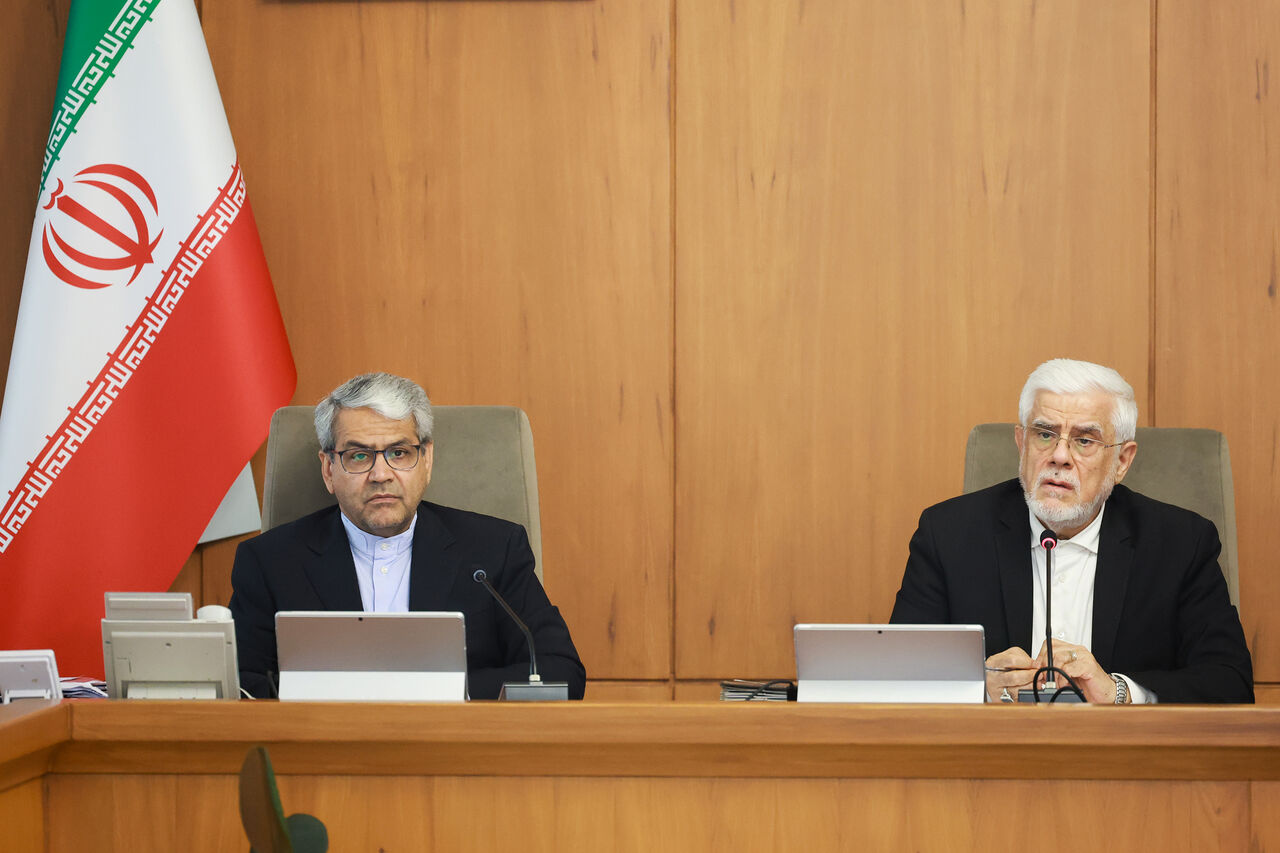
Similar Posts
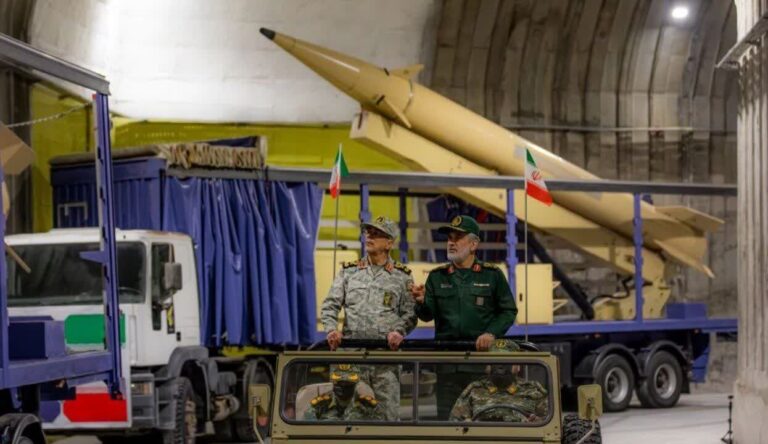
Iran’s IRGC Reveals Massive ‘Underground Missile Megacity’ to Boost Military Might
On Tuesday, Iran unveiled a new military facility featuring advanced ballistic missiles, drawing attention from key military leaders like Major General Mohammad Bagheri. The facility showcases a range of missiles, including the Kheybar Shekan, which can counter the U.S. THAAD system, and the long-range Qadr-H. Bagheri emphasized that Iran’s military capabilities are now “ten times stronger” than in previous operations, reflecting a significant enhancement in their defense strategies. The unveiling serves as a clear message of deterrence amidst rising regional tensions, highlighting Iran’s commitment to bolstering its military technology and readiness against external threats.
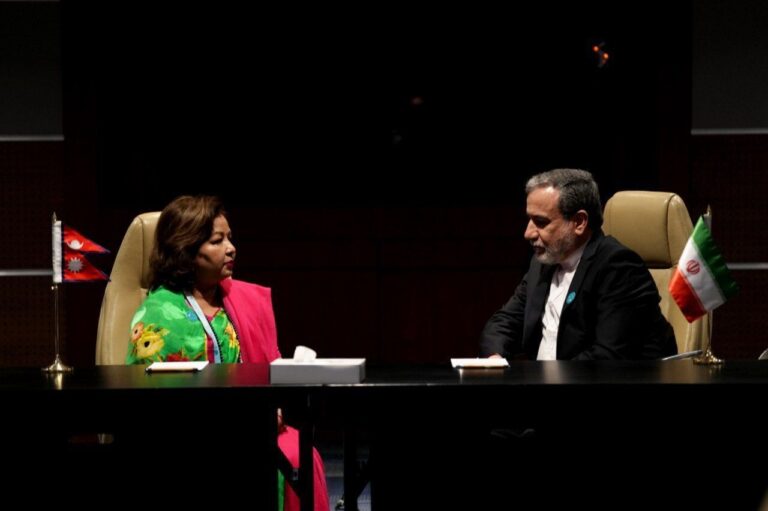
Iran’s Foreign Minister Engages in Diplomatic Talks with Global Leaders in Muscat
Iran’s Foreign Minister, Abbas Araghchi, engaged in crucial diplomatic meetings with counterparts from Nepal, Oman, and Yemen during the 8th Indian Ocean Conference in Muscat. He emphasized strengthening bilateral ties with Nepal, celebrating 60 years of diplomatic relations, and discussed humanitarian efforts related to evacuating Nepali citizens from Gaza. With Oman’s Foreign Minister, he focused on regional cooperation and enhancing trade and energy relations. Meetings with Yemen’s Mohammad Abdul-Salam highlighted Iran’s support for Palestine and commitment to Yemen’s stability. These discussions demonstrate Iran’s dedication to fostering international relations and addressing regional challenges through cooperation.
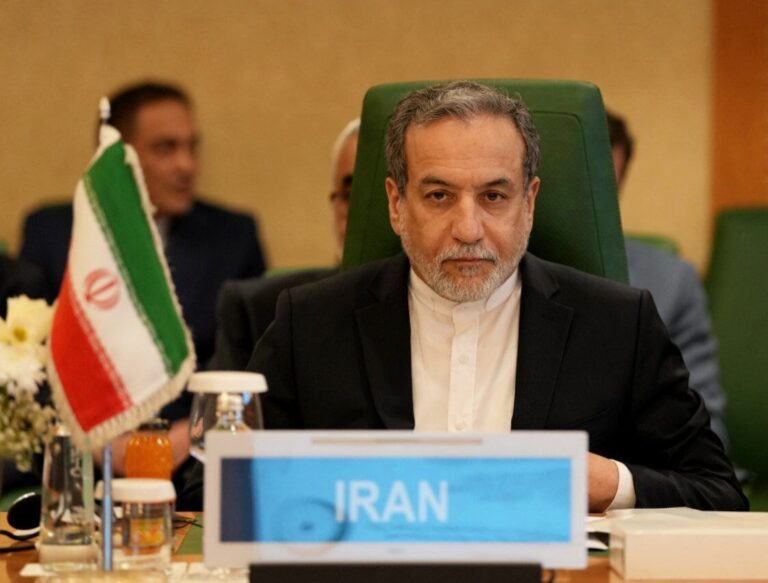
Araqchi Highlights Israeli Sabotage in Global Politics: Unveiling International Tensions
Recent Middle East developments have gained attention following Hamas’s release of an Israeli-American prisoner, Edan Alexander. Iranian Foreign Minister Abbas Araqchi accused Israeli leaders, including Prime Minister Netanyahu, of obstructing a U.S.-Hamas agreement for the release. Araqchi described this as indicative of Netanyahu’s harmful actions. Despite Hamas’s plans to free Alexander to facilitate ceasefire talks, Israel has not agreed to any ceasefire or prisoner exchanges and intends to escalate military operations in Gaza. Additionally, President Trump has reportedly severed direct communication with Netanyahu amid concerns about manipulation and a lack of strategic plans regarding Iran.
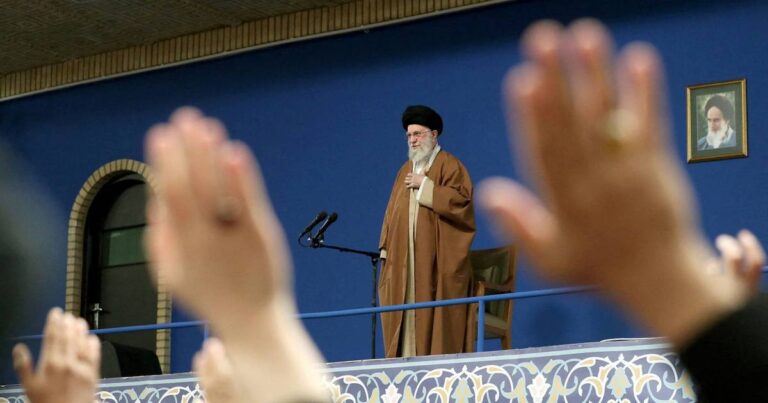
Khamenei Draws on Sacred History to Endorse ‘Temporary’ US Agreement
Iran’s Supreme Leader, Ali Khamenei, has indicated a potential openness to nuclear negotiations by drawing historical parallels with the second Shia Imam, Hasan ibn Ali. During a recent gathering, Khamenei emphasized strategic patience, referencing Imam Hasan’s controversial peace treaty with rival Mu’awiya as a tactical move to protect long-term interests. This marks a shift from Khamenei’s earlier dismissal of U.S. engagement, suggesting a more pragmatic approach while acknowledging internal dissent among hardliners. His remarks highlight the delicate balance he must maintain within Iran’s political landscape as nuclear discussions progress amid external pressures and historical context.
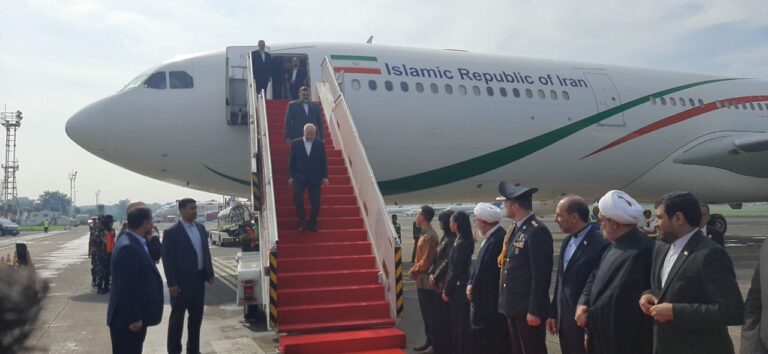
Parliament Speaker Lands in Jakarta: Key Moments from the PUIC Conference!
Iran’s Parliament Speaker Mohammad-Baqer Qalibaf has arrived in Jakarta for the 19th Conference of the Parliamentary Union of the Organization of Islamic Cooperation (OIC) Member States (PUIC), taking place from May 12 to 15. Welcomed by Indonesian officials, Qalibaf is accompanied by several Iranian parliament members, underscoring the conference’s significance for Iran. The event will focus on “Good Governance and Strong Institutions as Pillars of Resilience,” addressing critical political, economic, and social issues impacting OIC member states. This gathering aims to promote unity and collaborative efforts among Islamic nations to tackle shared challenges effectively.
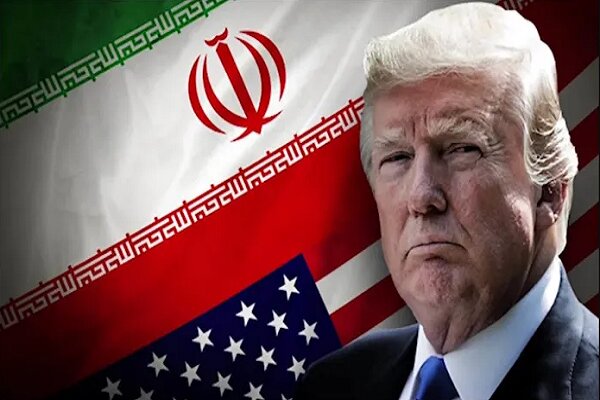
Trump Weighs Iran’s Proposal for Indirect Talks: A Game-Changer in Diplomatic Relations?
Former President Donald Trump has expressed a preference for a diplomatic deal with Iran while simultaneously threatening military action if negotiations fail. He has set a two-month deadline for Iran to negotiate, although the start date is unclear. Trump proposed direct nuclear talks, while Iran favors indirect discussions mediated by Oman. U.S. officials are exploring ways to build trust but face internal debates over negotiation formats. Iranian leaders insist on conditions free from threats for talks to proceed. As tensions rise, the international community is closely watching the evolving dynamics in U.S.-Iran relations, hoping for a peaceful resolution.